“Information warfare” may be a top concern in the next Canadian election cycle, as a report on a workshop by CSIS suggests, but some fears about how people get their political information and the impact of social media are overstated.
In a recently published study, we show that fears about an “echo chamber” in which people encounter only information that confirms their existing political views are blown out of proportion. In fact, most people already have media habits that help them avoid echo chambers.
Research and publish the best content.
Get Started for FREE
Sign up with Facebook Sign up with X
I don't have a Facebook or a X account
Already have an account: Login
Literacy in a digital education world and peripheral issues.
Curated by
Elizabeth E Charles
 Your new post is loading... Your new post is loading...
 Your new post is loading... Your new post is loading...

Fiona Harvey's curator insight,
June 11, 2017 5:16 AM
Nice talk about expanding info bubbles, "Google knowing" and truth in reality. Useful for info literacy conversations
|

Mary Reilley Clark's curator insight,
August 7, 2017 11:20 AM
Shane Parrish takes a deep dive into filter bubbles. I found several great quotes that I'll be using in a lesson on this topic. Some of the best:

Fiona Harvey's curator insight,
November 17, 2016 2:20 PM
You are defining your own newsfeed on Facebook promoting the echo chamber. Be aware! |




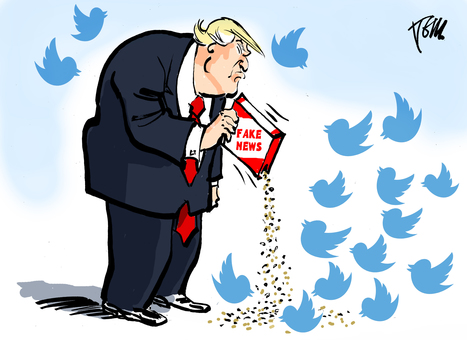



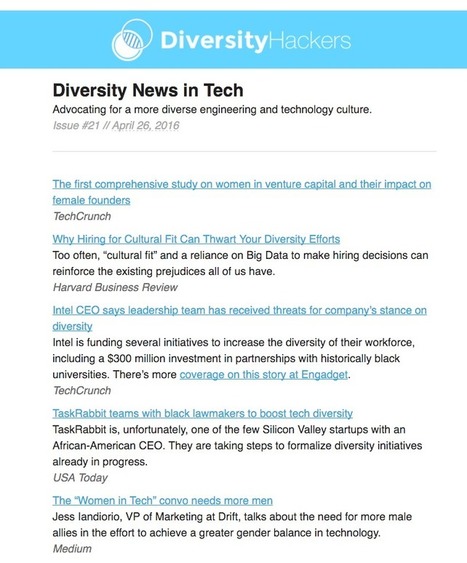
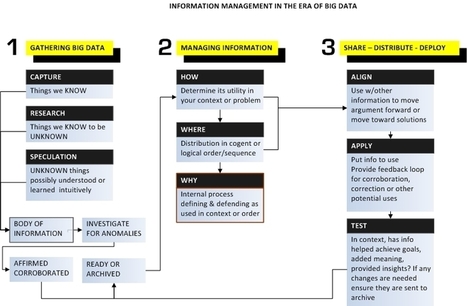
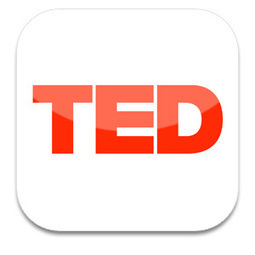
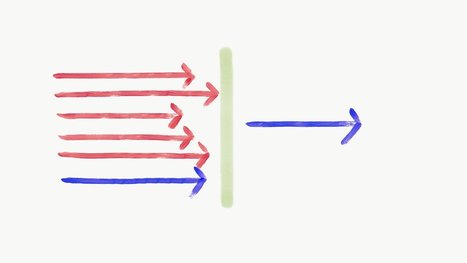

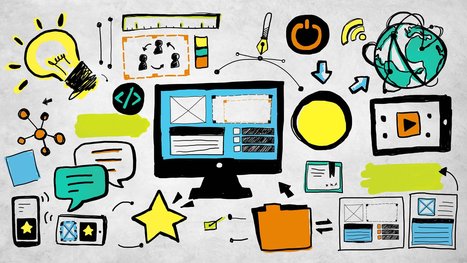

![How are Social Signals Influencing the Search Engine Rankings? - Search, Social News PageTraffic Buzz [infographic] | Information and digital literacy in education via the digital path | Scoop.it](https://img.scoop.it/OwLmU6g-YtA73IShEJ6zEzl72eJkfbmt4t8yenImKBVvK0kTmF0xjctABnaLJIm9)





